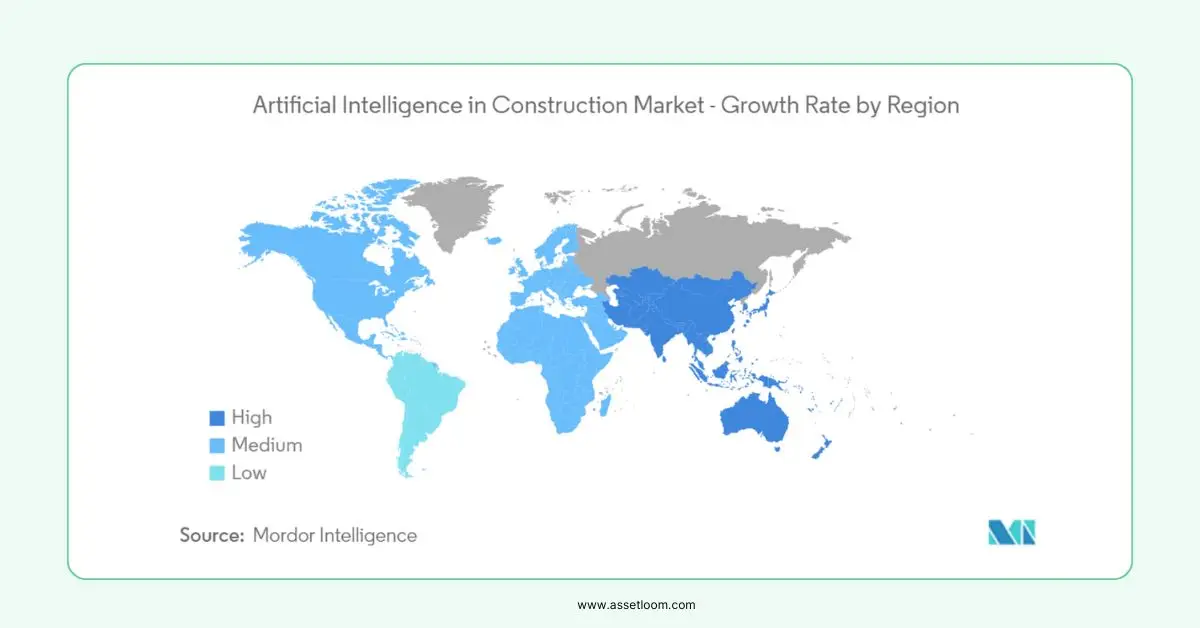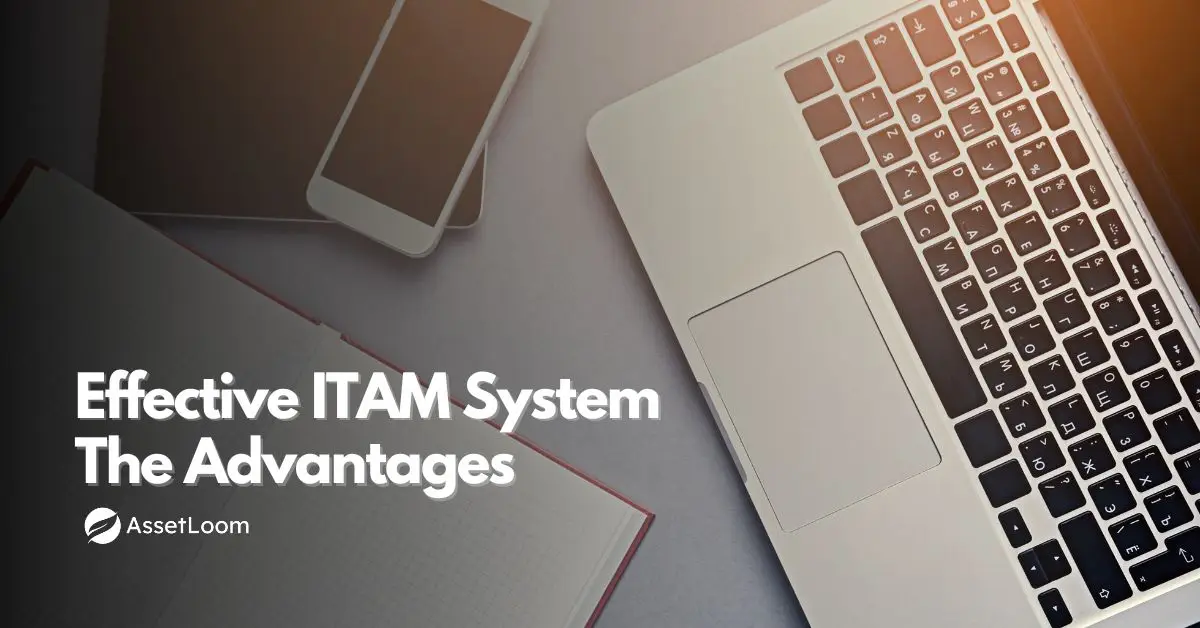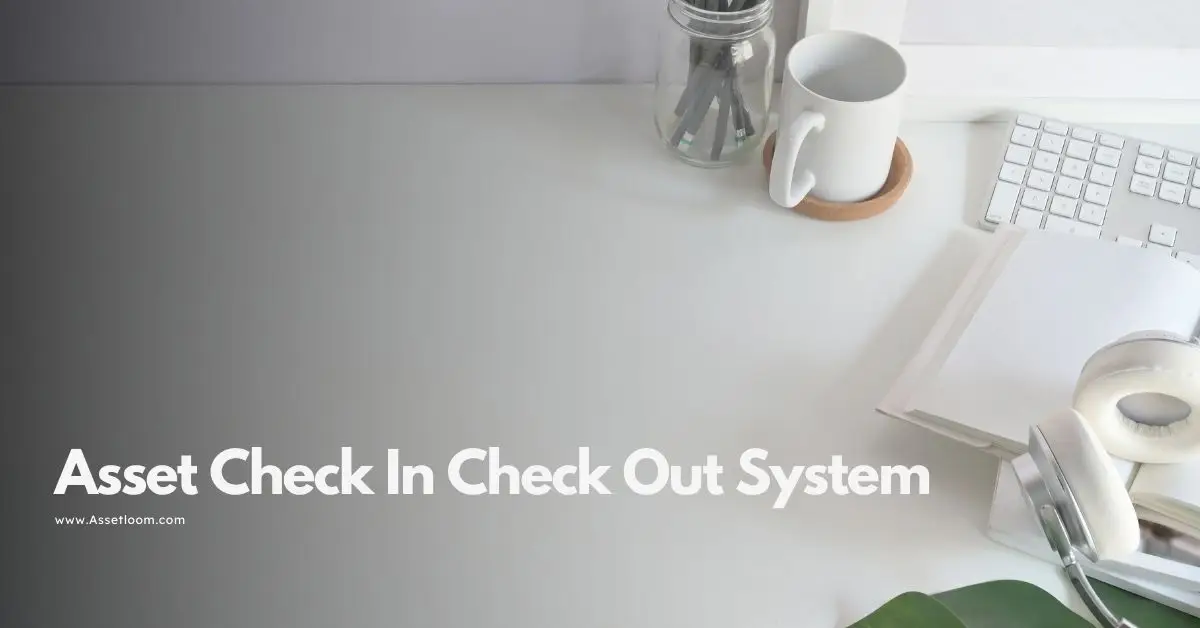The Future of ITAM: AI-Powered Asset Tracking Software
Discover how AI-powered asset tracking software transforms management with real-time precision, predictive maintenance, & 30% loss reduction.
In a world where efficiency is king and every second counts, businesses can’t afford to lose sight of their assets. Whether it’s a warehouse brimming with inventory or a construction site dotted with machinery, asset tracking software has become the backbone of operational success. Once a labor-intensive task reliant on paper logs and human vigilance, asset management is now undergoing a seismic shift, thanks to artificial intelligence (AI). As we stand in March 2025, AI-powered asset tracking software is not just refining old methods—it’s revolutionizing them, blending cutting-edge tech like IoT, machine learning, and predictive analytics to deliver unparalleled control and insight.
This isn’t a distant dream but a tangible reality reshaping industries worldwide. The global asset tracking software market, valued at $19.17 billion in 2024, is projected to soar to $30.75 billion by 2028, growing at a compound annual growth rate (CAGR) of 12.5%, according to recent industry reports. Why? Because AI is turning raw data into gold—predicting equipment failures, slashing downtime, and optimizing resources with precision once thought impossible. Let’s explore how this technology is rewriting the rules of asset management and what lies ahead.
The Evolution of Asset Tracking Software: From Pen to Predictive Power
IT asset tracking wasn’t always this sophisticated. In the past, businesses leaned on manual methods—think handwritten lists and periodic counts. Errors were common, and losses were discovered too late. The advent of barcodes and basic software brought some relief, but these systems were still reactive, tethered to human oversight. Then came AI, supercharging asset tracking software with the ability to not just monitor but anticipate.
Today’s AI-driven platforms integrate seamlessly with IoT devices—sensors, GPS trackers, and smart tags—collecting real-time data at scale. According to Mordor Intelligence, in 2024, the software segment alone held a commanding 61% of the global asset tracking market share, driven by its ability to offer live monitoring and deep analytics. This leap from static records to dynamic, predictive systems marks a new era where businesses don’t just track assets—they master them.
![]()
Source: Mordor Intelligence.
How AI Elevates Asset Tracking Software
AI doesn’t just enhance asset tracking software; it redefines it. By sifting through mountains of data, AI uncovers patterns and delivers actionable insights. Here’s how it’s making waves:
Real-Time Precision
Modern asset tracking software thrives on real-time data, and AI makes this possible by syncing seamlessly with IoT devices like GPS trackers, RFID tags, and environmental sensors. This isn’t just about knowing an asset’s location—it’s about understanding its context. For instance, a logistics company can track a fleet of refrigerated trucks, with AI monitoring not just their positions but also cargo temperatures, alerting drivers if conditions deviate from safe ranges.
Predictive Maintenance
Downtime is a silent profit drain, but AI-powered asset tracking software flips the script with predictive maintenance. By analyzing historical usage data, sensor inputs, and wear patterns, AI forecasts when an asset might fail—often weeks in advance. Consider a manufacturing plant: AI might detect subtle vibrations in a conveyor belt motor, signaling a need for servicing before a costly breakdown. A 2024 survey by Deloitte. found that companies using predictive maintenance via asset tracking software reduced unplanned downtime by 25% and extended equipment life by 20%. This proactive approach saves money and keeps operations humming.
Anomaly Detection
Theft, misplacement, and misuse plague asset-heavy industries, but AI acts as a vigilant gatekeeper. Embedded in asset tracking software, it monitors for irregularities—like a laptop leaving a secure facility or a pallet moving outside its geofenced zone—and triggers instant alerts. In construction, where equipment theft costs $1 billion annually in the U.S. alone (National Equipment Register, 2024), AI-driven tracking has cut losses by up to 30%. Beyond security, it flags operational quirks, like an overused forklift signaling inefficiencies, ensuring nothing slips through the cracks.

Source: Mordor Intelligence.
Resource Optimization
Managing a sprawling asset portfolio—think healthcare networks with thousands of medical devices or warehouses with shifting inventory—is a logistical nightmare without AI. Asset tracking software leverages AI to analyze usage trends and recommend smarter allocation. For example, a hospital might discover 20% of its wheelchairs sit idle in one wing while another faces shortages; AI suggests redistribution in real-time.
Conversational Access
Accessibility is the unsung hero of AI in asset tracking software. Cutting-edge platforms now let users interact conversationally—ask “Where’s my generator?” or “Which trucks are idle?” and get instant, plain-English answers. This eliminates the need for clunky dashboards or tech expertise, empowering everyone from field workers to executives. A retailer might query, “How many scanners are in Store 12?” and instantly adjust staffing. Early adopters report a 40% reduction in time spent on asset queries (Forrester, 2024), proving AI doesn’t just track—it communicates. This human-friendly interface is bridging the gap between complex tech and practical use.
What’s Next for Asset Tracking Software?
The future of asset tracking software is brimming with potential:
- Autonomous Management: AI could soon reposition assets—like drones shifting warehouse stock—without human input.
- Blockchain Synergy: Pairing AI with blockchain could log every asset move immutably, ideal for high-stakes industries.
- Green Tracking: AI might optimize asset use to cut waste, aligning with sustainability goals.
- Tailored Solutions: Adaptive AI could customize tracking for niche needs, from film studios to farms.
Challenges remain. Initial costs for IoT hardware and software can hit $50–$150 per asset monthly, daunting for small firms. Data security is critical as tracking often involves sensitive info. Legacy system integration can also stall progress. Yet, as prices drop and tech evolves, these barriers will fade.
The Game Is On
AI-powered asset tracking software isn’t optional—it’s essential. In a world where every edge counts, real-time visibility and predictive smarts are non-negotiable. From slashing costs to boosting efficiency, the metrics are undeniable: a 20% cost drop, 25% less downtime, 15% higher utilization. The market’s $30.75 billion trajectory by 2028 signals a tidal wave of adoption.
The future of asset management isn’t about keeping up—it’s about leading. AI-driven asset tracking software is your co-pilot, turning chaos into control. The game has changed. Are you in?

Subscribe for Expert Tips and Updates
Receive the latest news from AssetLoom, right in your inbox.

